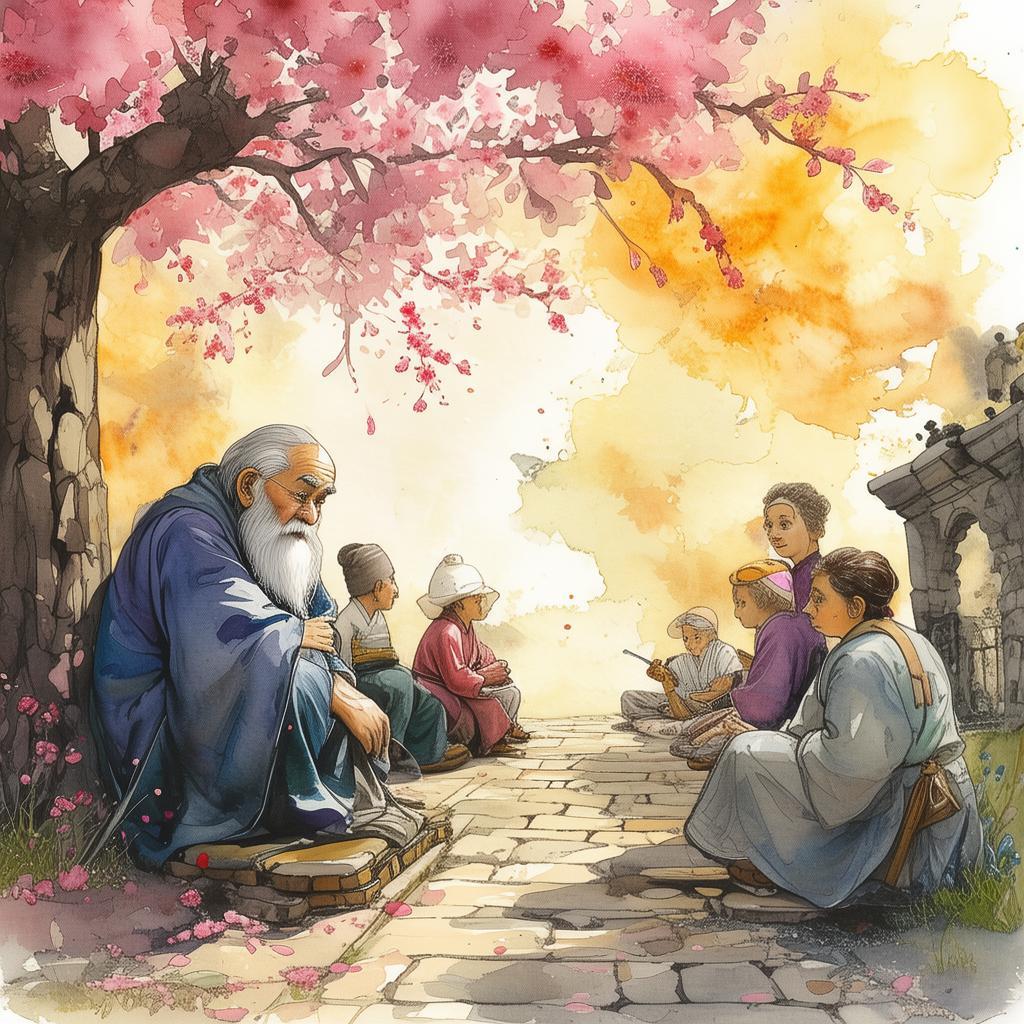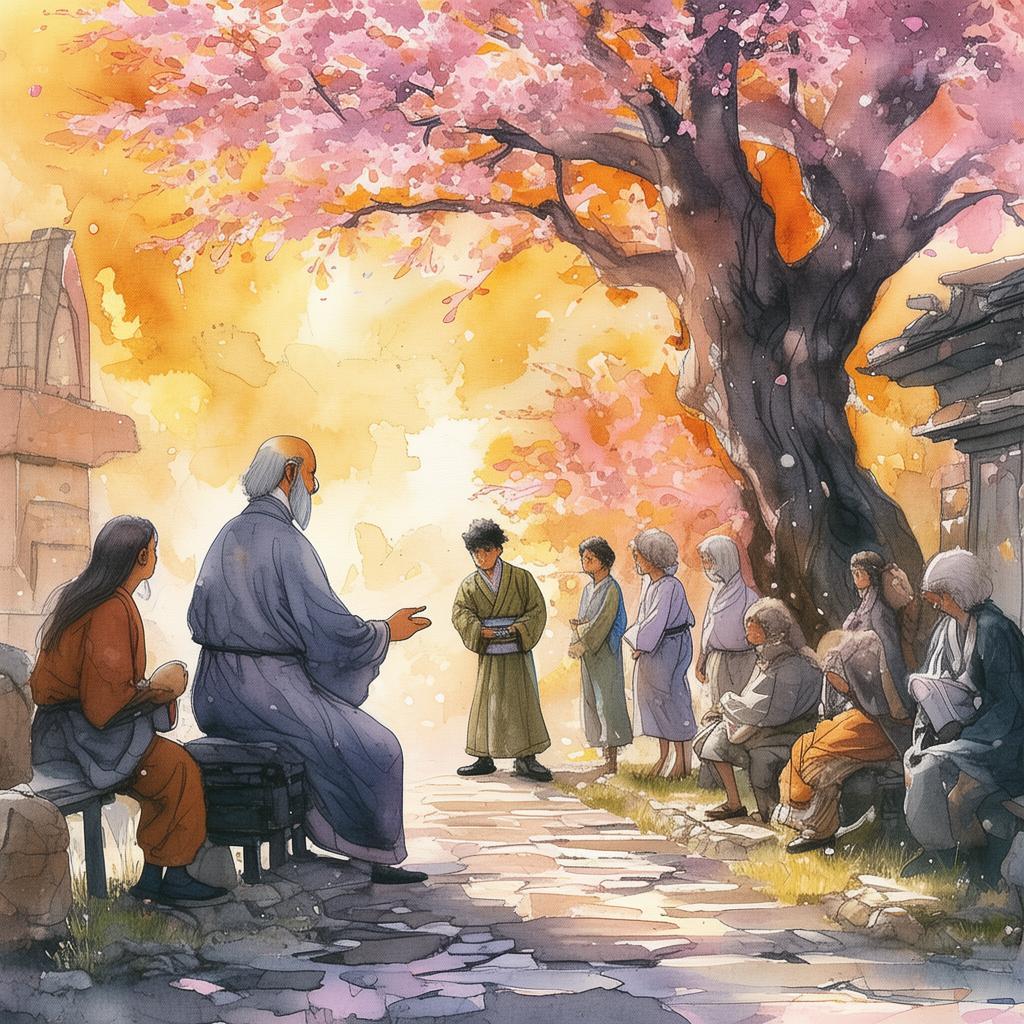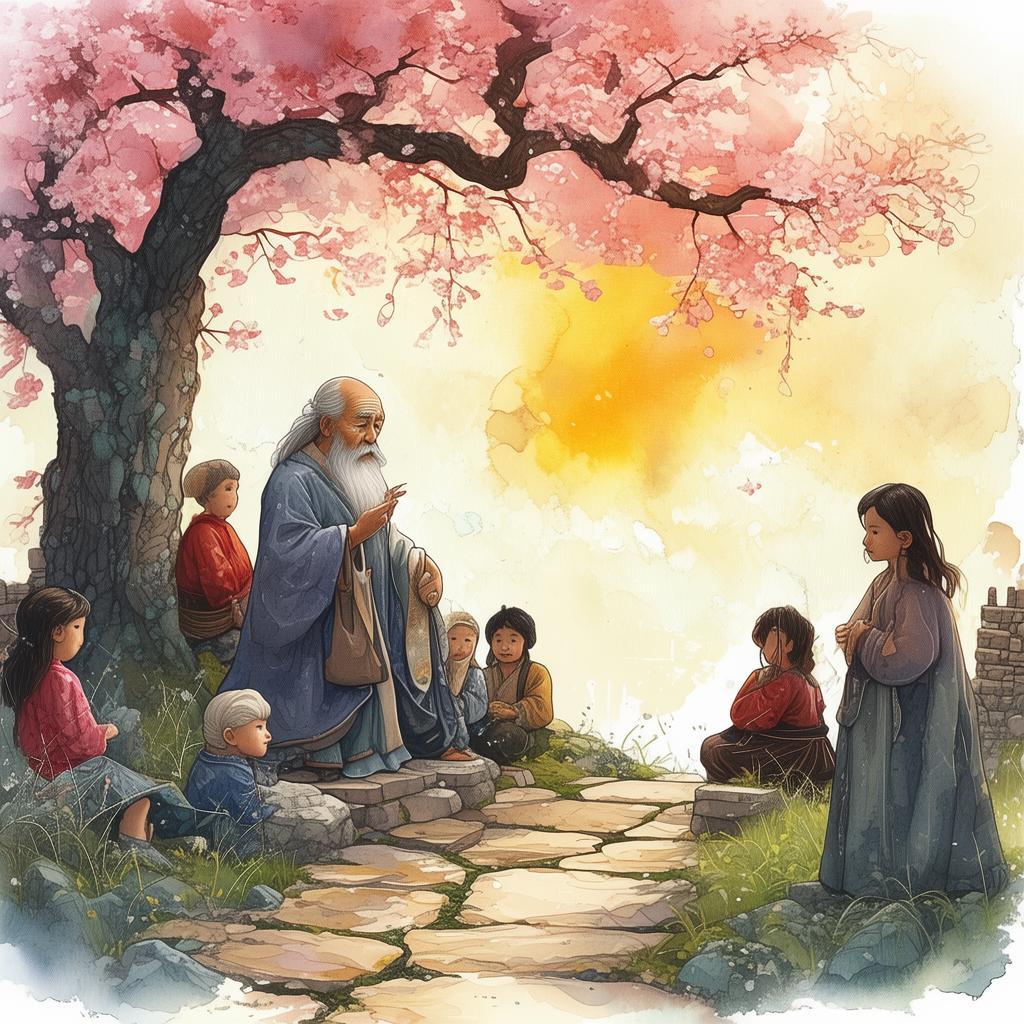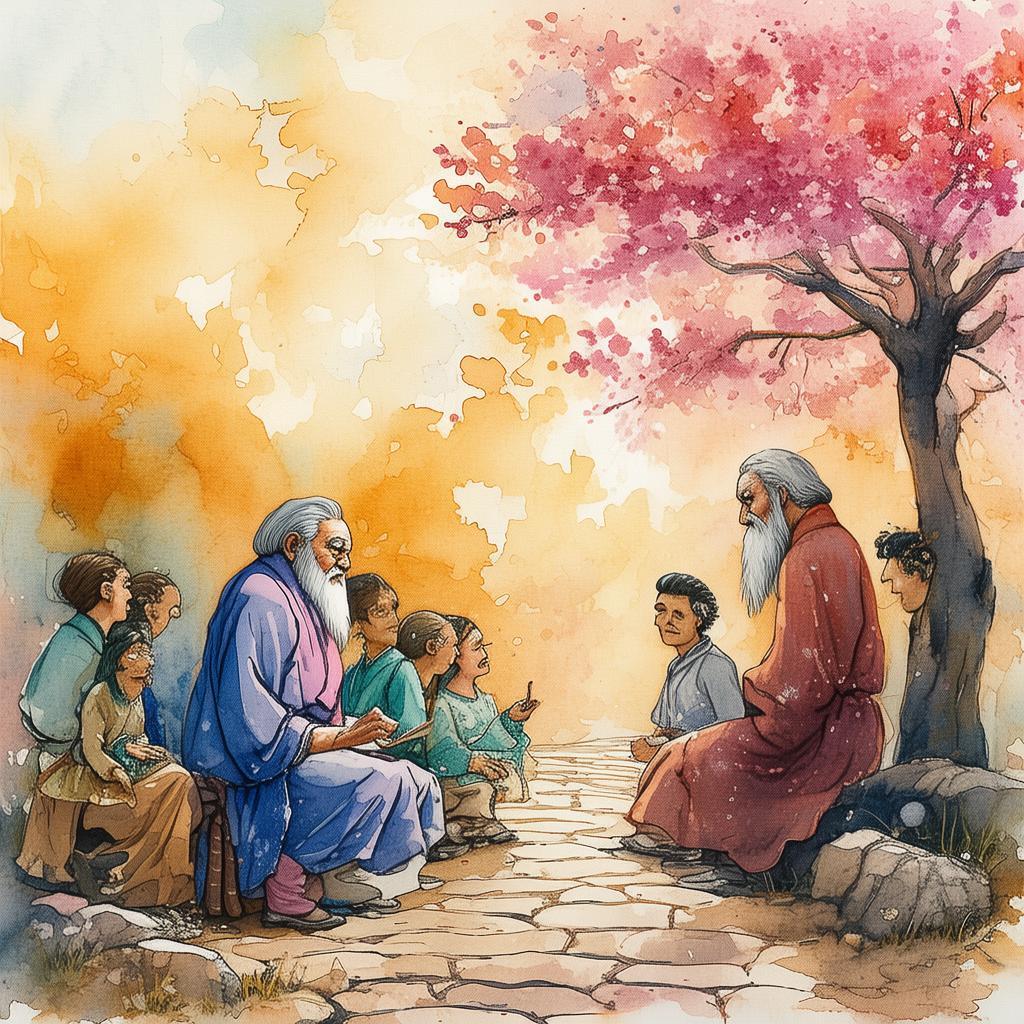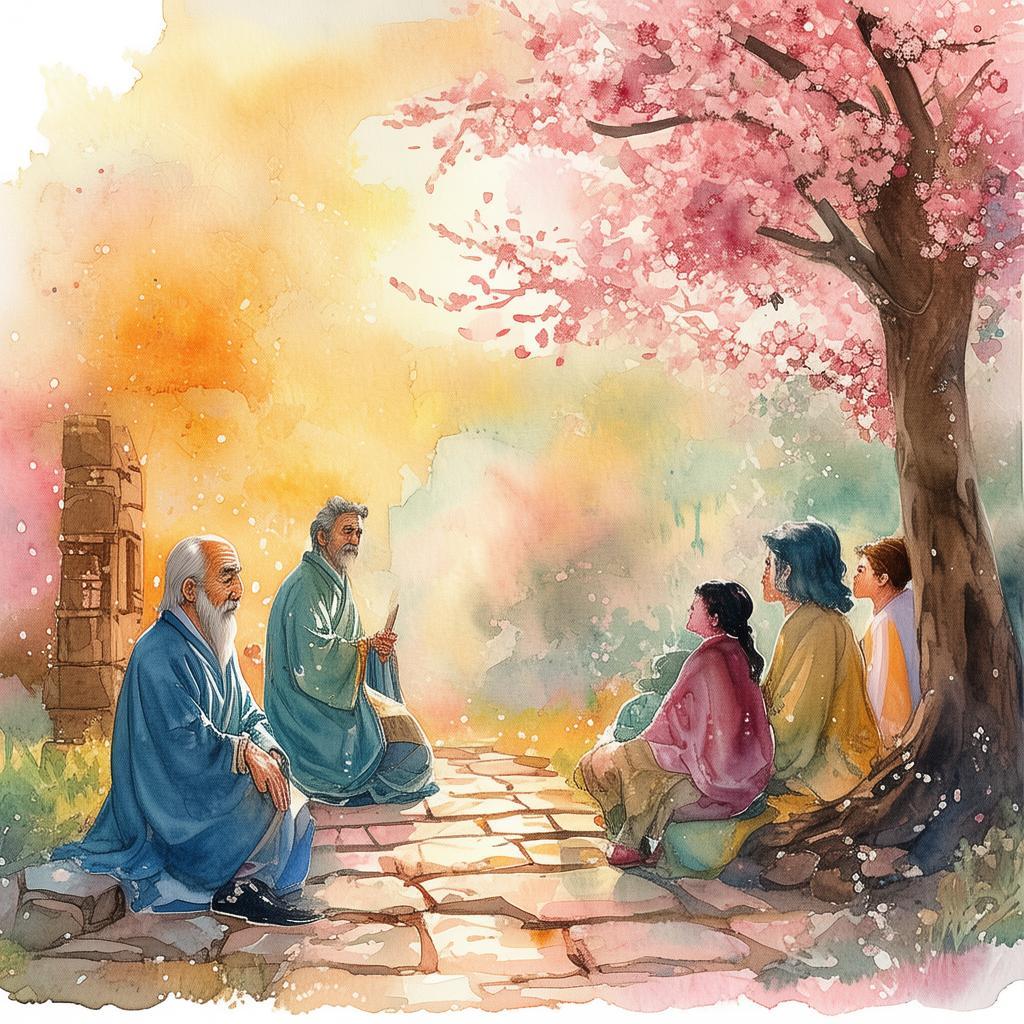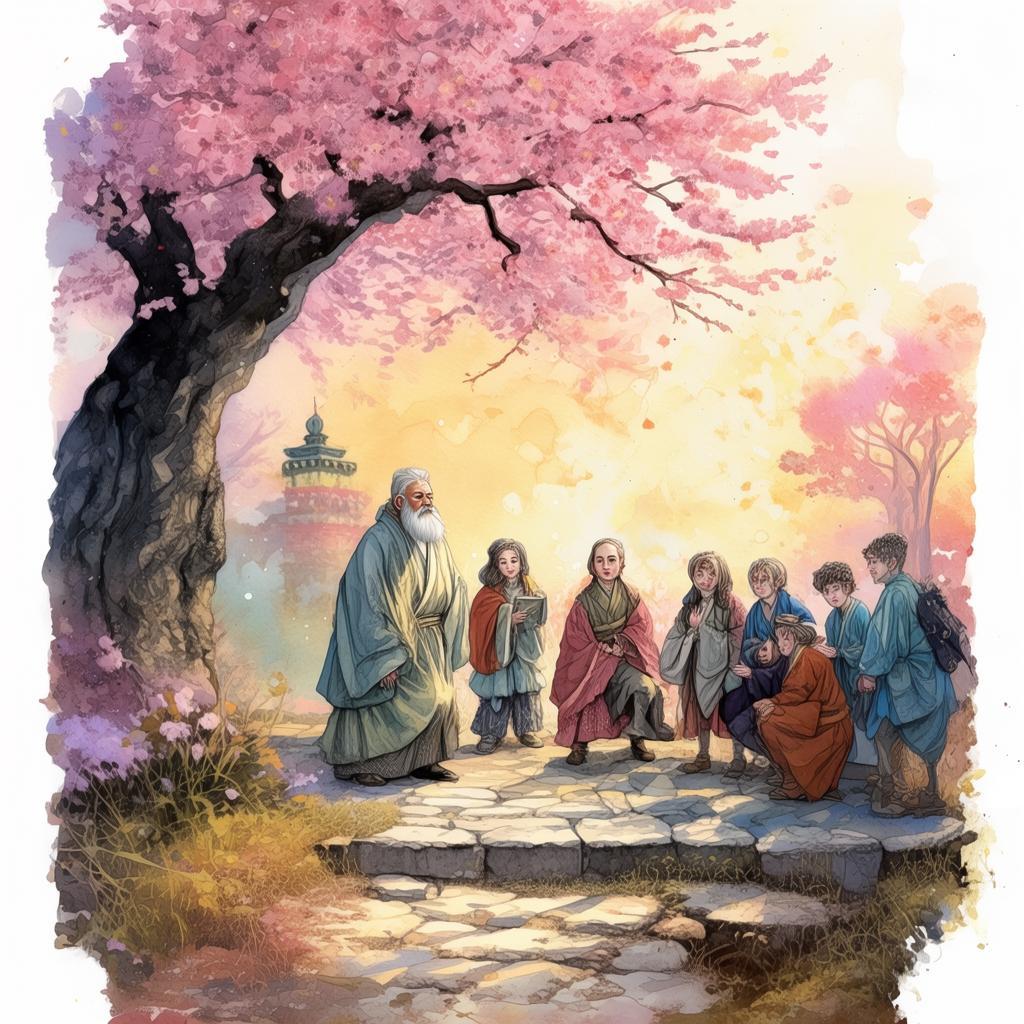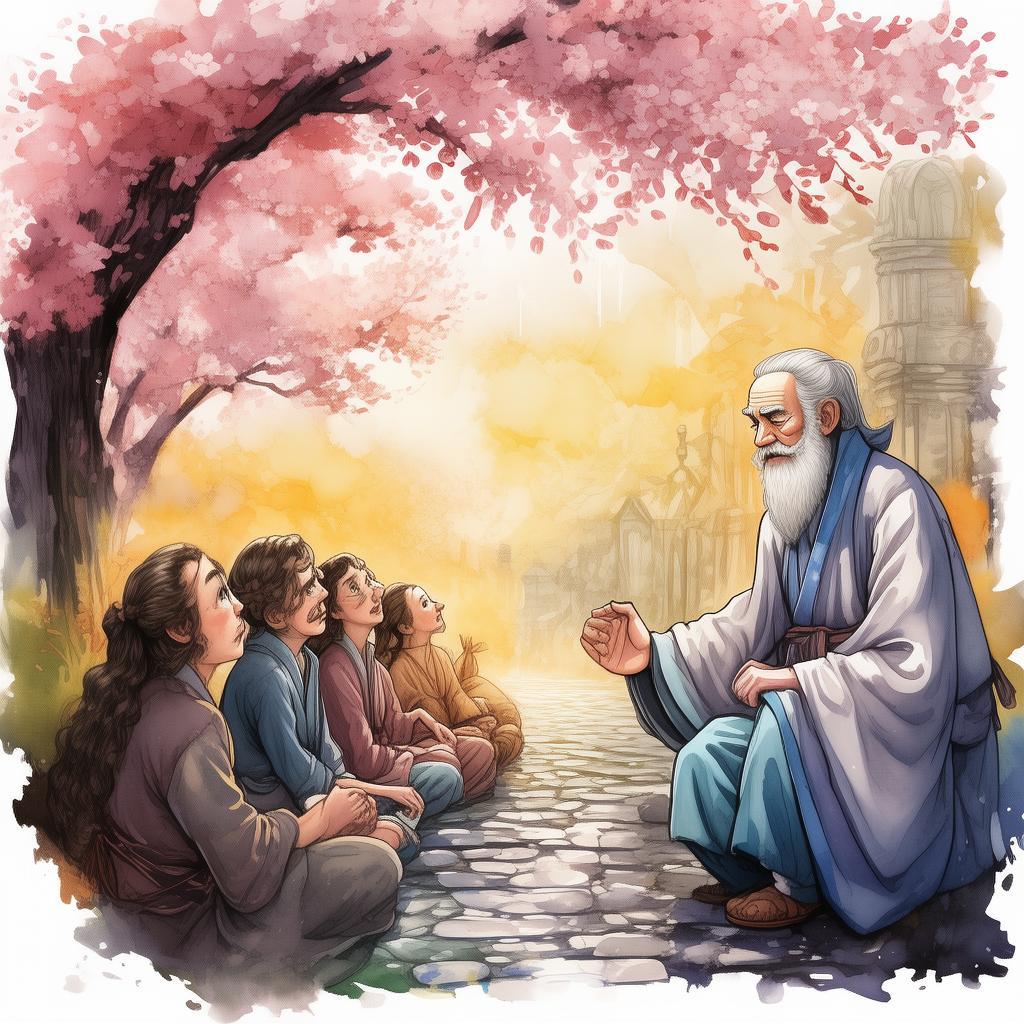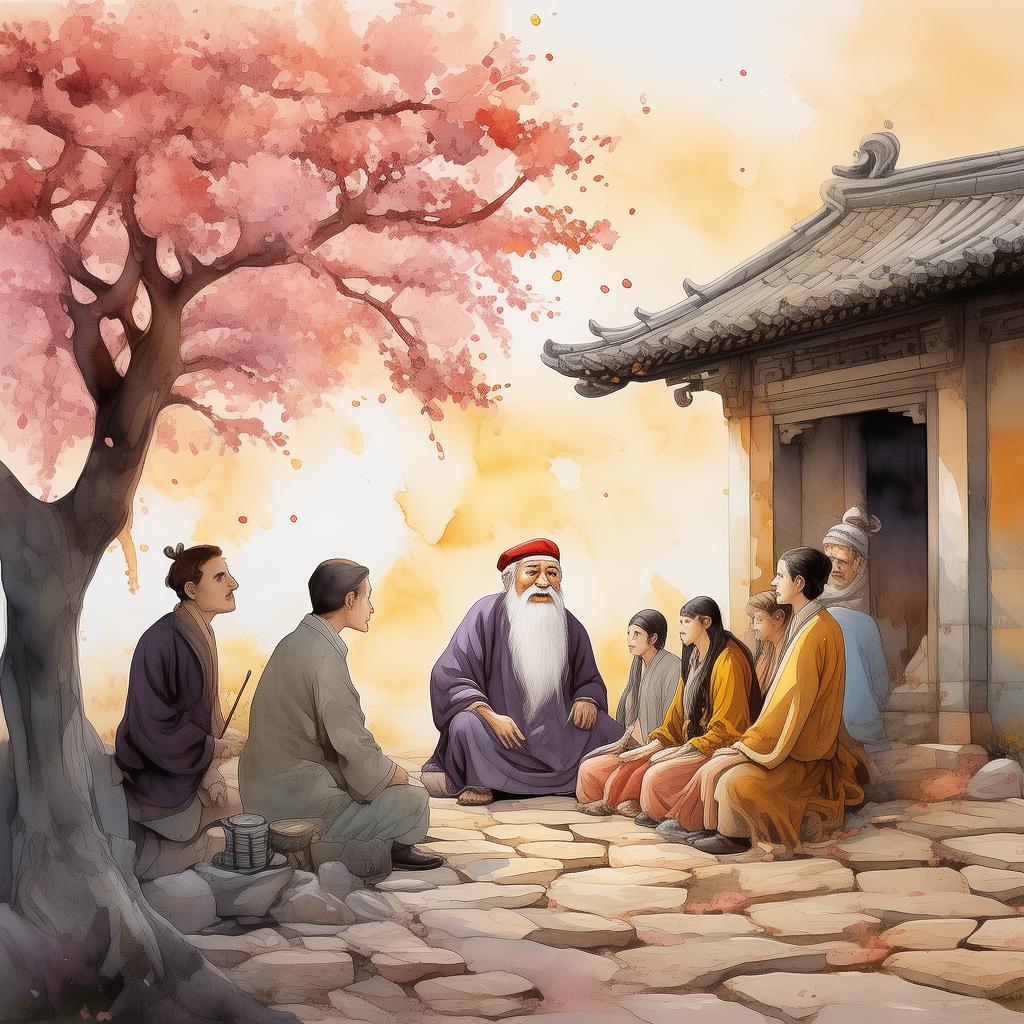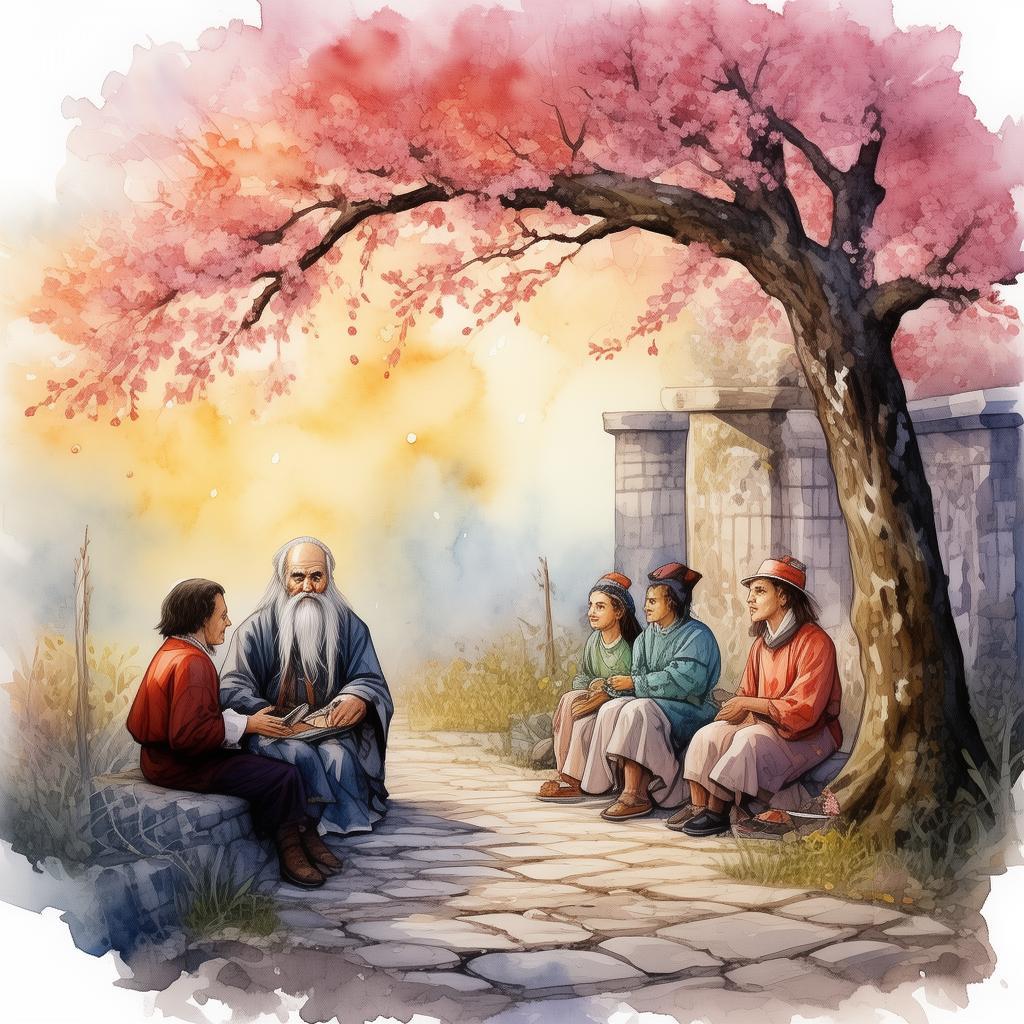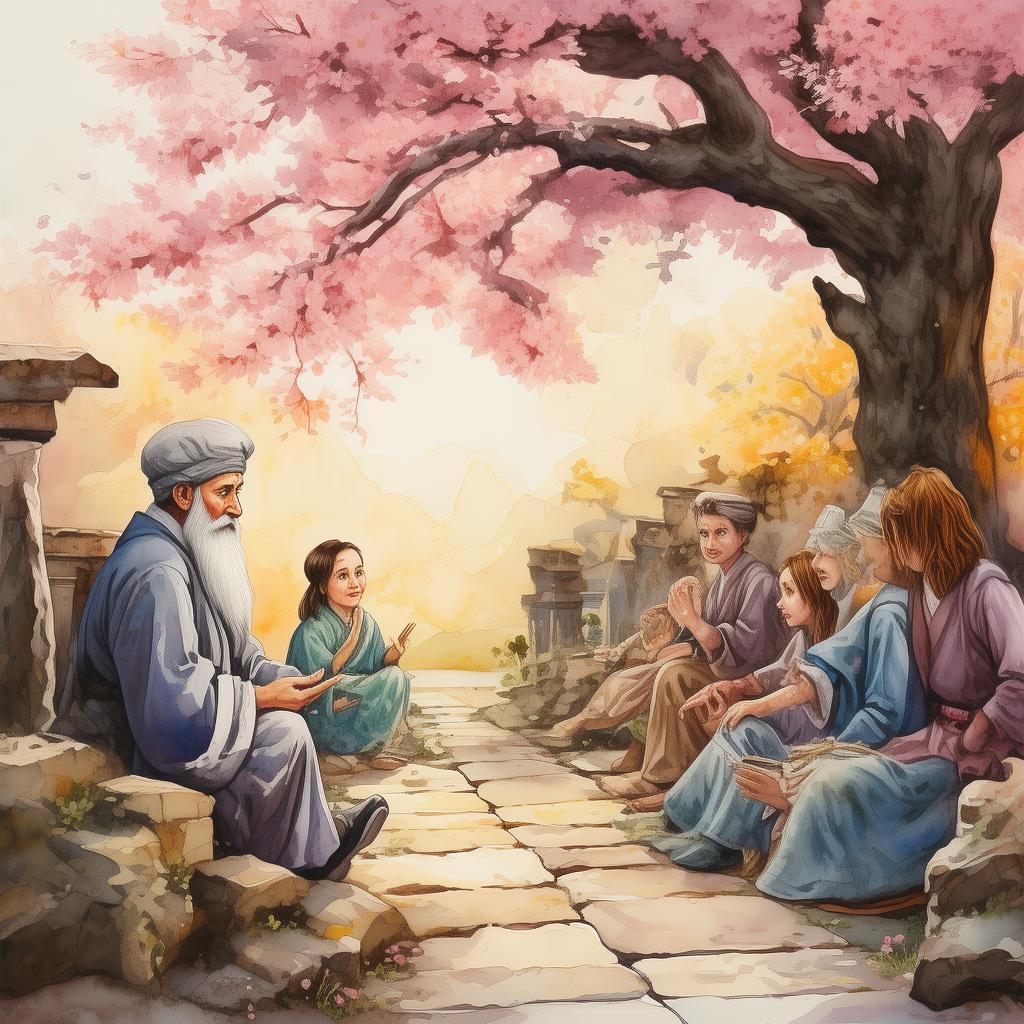Revolution's Echo: The Chant of Defiance
In the heart of a nation shrouded in the shadows of oppression, there was a young revolutionary named Lin. His name was a whisper among the oppressed, a symbol of hope in a sea of despair. Lin was a master of the ancient art of the rite, a practice that allowed him to channel the collective will of the people into a powerful force. It was said that those who could master the rite could summon the spirits of the ancestors, who would guide and protect the revolution.
The nation was on the brink of revolution, and the people were tired of the tyrant's rule. Lin had been trained from a young age, his life dedicated to the cause. He knew the chants, the incantations, and the rituals that would ignite the flames of rebellion. But as the time for the great uprising drew near, Lin found himself at a crossroads.
The Rebel's Rite was a sacred text, a collection of chants and incantations that had been passed down through generations. It was the key to the revolution, the heartbeat of the people's struggle. But Lin had always felt a dissonance within the rite, a discord that he could not ignore. He believed that the rite was too rigid, too bound by tradition, and not enough in tune with the changing times.
One night, as Lin sat in his small, dimly lit room, he felt the familiar pull of the rite. The air was thick with the scent of incense, and the soft glow of the lantern cast eerie shadows on the walls. He began to chant, his voice a deep, resonant tone that seemed to echo through the room. The rite was a dance of words and sounds, a rhythm that could move mountains, but Lin felt a disconnect. The words felt hollow, the power of the rite seemed to wane.
Just as Lin was about to give up, a sudden realization struck him. He had been trained to chant the songs of revolution, but he had never truly understood the spirit behind them. The rite was not just a set of words and rituals; it was a living, breathing entity that needed to evolve with the times. He decided to break from tradition and rewrite the rite, infusing it with the raw energy and passion of the people.
The next day, Lin gathered the leaders of the revolution in a secret meeting. He proposed a radical idea: to chant the songs of revolution in a way that had never been done before, to let the voices of the people be heard in every syllable. The leaders were hesitant at first, but Lin's conviction was infectious. They agreed to give it a try.
The day of the uprising arrived, and the people gathered in the square, their faces alight with hope and fear. Lin stood before them, his voice a powerful force that cut through the silence. He began to chant, not from the Rebel's Rite, but from his heart. The words were raw, unfiltered, and filled with the pain and dreams of the people.
As Lin's voice echoed through the square, something magical happened. The people began to respond, their own voices joining in the chant. It was a symphony of defiance, a chorus of revolution. The rite had come alive, and with it, the power of the people.
The tyrant's soldiers, who had been sent to quell the uprising, were caught off guard by the sheer force of the people's will. They turned and ran, leaving the people to reclaim their freedom. The revolution had begun, and it was fueled by the chant of defiance, the rite rewritten by Lin.
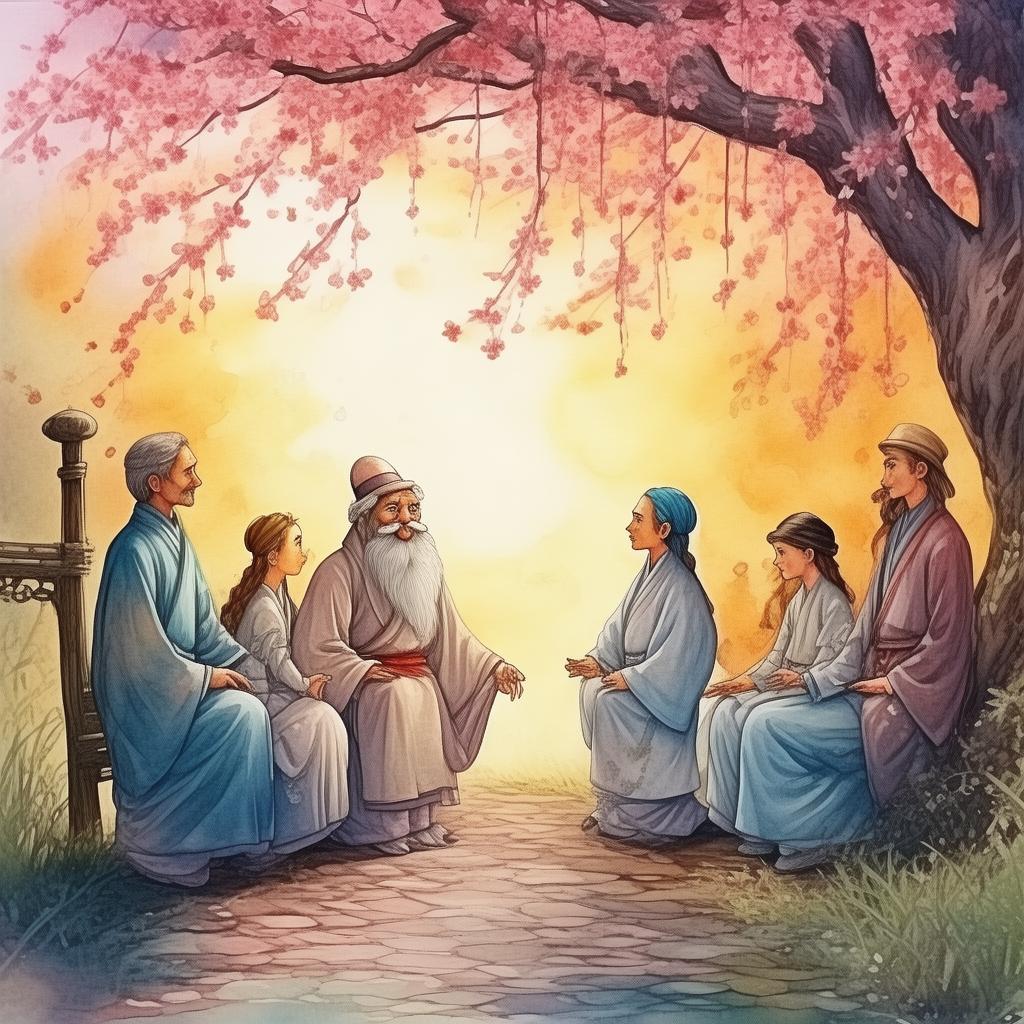
In the aftermath, Lin stood amidst the crowd, his heart swelling with pride. He had given voice to the silent, had allowed the rite to be a reflection of the people's true spirit. The revolution had not been easy, but it had been worth it. The rite had been reborn, and with it, the hope for a better future.
Lin knew that the revolution was far from over, but he also knew that the people had found their voice. The rite would continue to evolve, to grow with the people, and to guide them through the challenges ahead. And as long as the people had their voice, as long as they had the rite, there was hope.
The Rebel's Rite had been rewritten, and with it, a new era had begun. Lin had become the symbol of a new generation of revolutionaries, those who would not be bound by tradition but would instead embrace change and innovation. The chant of defiance had become the anthem of the revolution, a song that would echo through the ages.
✨ Original Statement ✨
All articles published on this website (including but not limited to text, images, videos, and other content) are original or authorized for reposting and are protected by relevant laws. Without the explicit written permission of this website, no individual or organization may copy, modify, repost, or use the content for commercial purposes.
If you need to quote or cooperate, please contact this site for authorization. We reserve the right to pursue legal responsibility for any unauthorized use.
Hereby declared.
